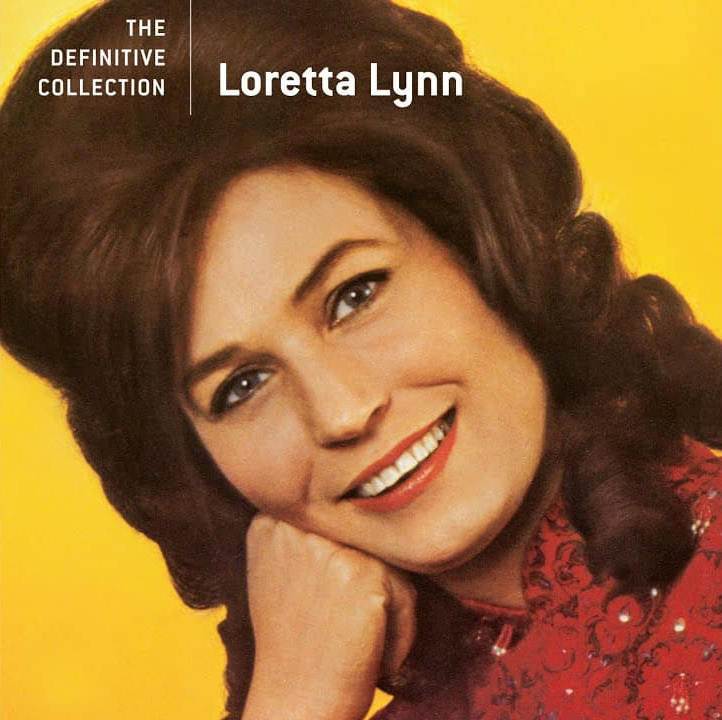
Loretta Lynn’s “Trouble in Paradise” is a poignant reflection on marital strife and the quiet desperation of a failing relationship.
Whispers of Heartbreak in the Hollows
In the annals of country music, few voices resonate with the raw, unvarnished truth of rural life quite like that of Loretta Lynn. Her songs were not just melodies; they were stories, chapters from the lives of ordinary people, filled with triumphs and, more often than not, heartache. Released in 1974, “Trouble in Paradise” stands as a testament to this, a somber and deeply personal ballad that tapped into the very real pain of marital discord. It wasn’t the kind of song that screamed its sorrow; instead, it whispered it, a quiet and profound lament that found its way into the hearts of millions.
At the time of its release, “Trouble in Paradise” was a significant success on the country charts. It peaked at No. 1 on the Billboard Hot Country Singles chart, a testament to its powerful message and Lynn‘s enduring connection with her audience. The song was the lead single from her album of the same name, Trouble in Paradise, an LP that further cemented her status as a lyrical heavyweight. While the charts tell one story, the real power of the song lies in the personal narrative it conveys, a story that many listeners recognized as their own.
The year 1974 was a complex one for Loretta Lynn. While she was at the peak of her professional career, her personal life was often a source of great tribulation. Her marriage to Oliver “Doolittle” Lynn, a relationship that was a bedrock of her life and a frequent subject in her music, was known to be fraught with challenges. Doolittle‘s drinking and infidelity were well-documented, and while Lynn‘s songs often touched on these themes with a feisty, defiant spirit, “Trouble in Paradise” offered a different, more somber perspective. It wasn’t a song of a woman fighting back, but of one sitting in the quiet aftermath of a storm, contemplating the ruins.
The song’s meaning is layered, a tapestry woven with the threads of disappointment and a yearning for a love that once was. The “paradise” in the title is not a literal place, but the idyllic, harmonious state of a happy marriage. Lynn sings of the subtle signs of decay—the silence that replaces conversation, the coldness that has crept into their once-warm home. It speaks to the slow erosion of a relationship, the kind of trouble that doesn’t announce itself with a bang but with a whimper. It’s the moment of dawning realization that the love you thought was eternal is, in fact, fragile and breakable. The lyrics are a painful acknowledgment of this reality, a woman’s weary admission that the dreams she once held for her family are fading.
For a generation that grew up with Loretta Lynn‘s music as the soundtrack to their lives, “Trouble in Paradise” wasn’t just another song. It was a mirror reflecting their own quiet struggles. It was the background music to long nights spent worrying about a husband who was late coming home, or the silent dinner tables where a thousand unspoken words hung in the air. The raw honesty of the song, coming from a woman who was a symbol of strength and resilience, gave permission to millions of others to feel their own pain. It showed them that even in the most seemingly perfect lives, there could be hidden cracks, and that it was okay to acknowledge them. It’s a song that endures not just for its melodic beauty, but for its profound, heartfelt empathy, a timeless reminder that even in paradise, trouble can find a way to take root.